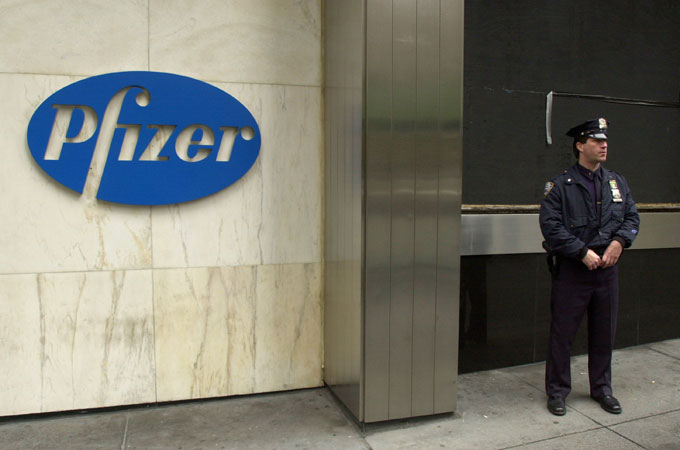How Vested Interests Created the Perfect Marketing/Lobbying Machine: Mental Health “Advocacy” Groups—Funded by Pharma
An ongoing U.S. Senate investigation headed by Senator Charles Grassly has sought disclosure of pharmaceutical funding paid to researchers, physicians, medical schools, medical journals and the patient advocacy community. Some of the nation’s most prominent psychiatrists have now been exposed for extensive conflicts of interest amounting to millions in undisclosed pharmaceutical funding, including Dr. Charles Nemeroff, Dr. Joseph Biederman, Dr. Melissa DelBello, Dr. Timothy Wilens, Dr. Thomas Spencer, Dr. Alan Schatzberg, Dr. Martin Keller, Dr. A. John Rush, Dr. Karen Wagner, Dr. Jeffrey Bostic and Dr. Frederick Goodwin — many of which serve as advisory board members to mental illness “advocacy groups” which are now also the subject of the Senate investigation for their undisclosed pharmaceutical funding.
The majority of the public may or may not be familiar with these so-called mental health advocacy organizations, such as the National Alliance on Mental Illness (NAMI), Children and Adults with Attention Deficit Hyperactivity Disorder (CHADD) or the myriad of bipolar, depression or ADHD “support groups” that are inundating the internet. But they need to be.



